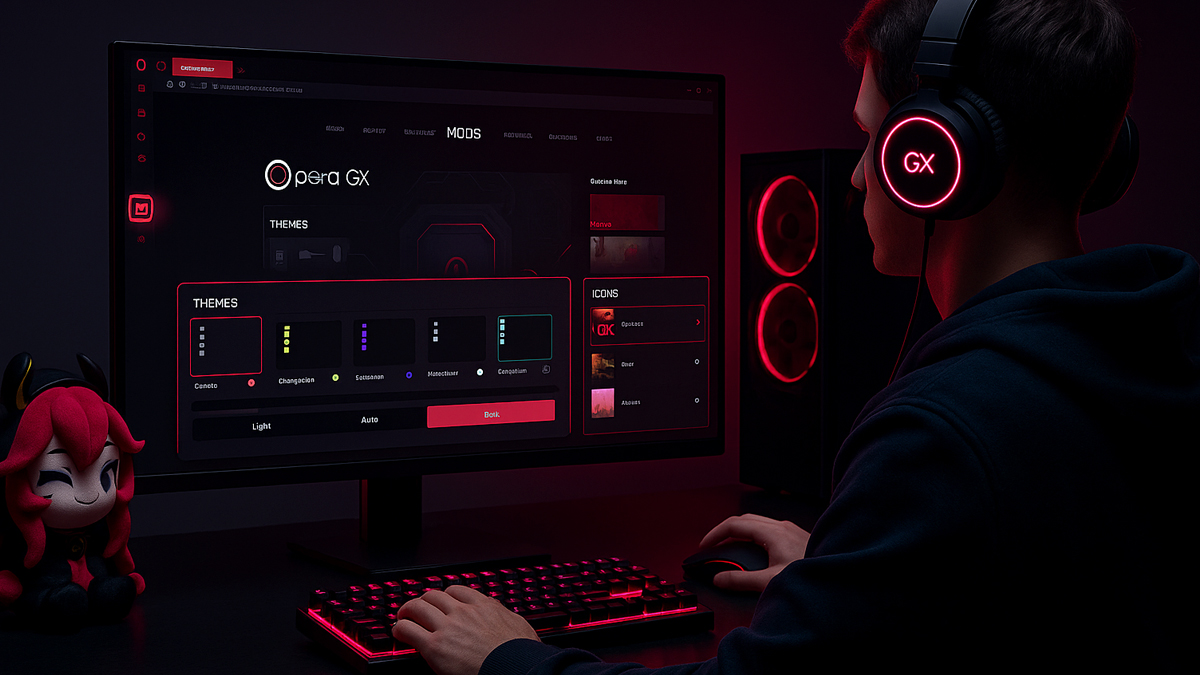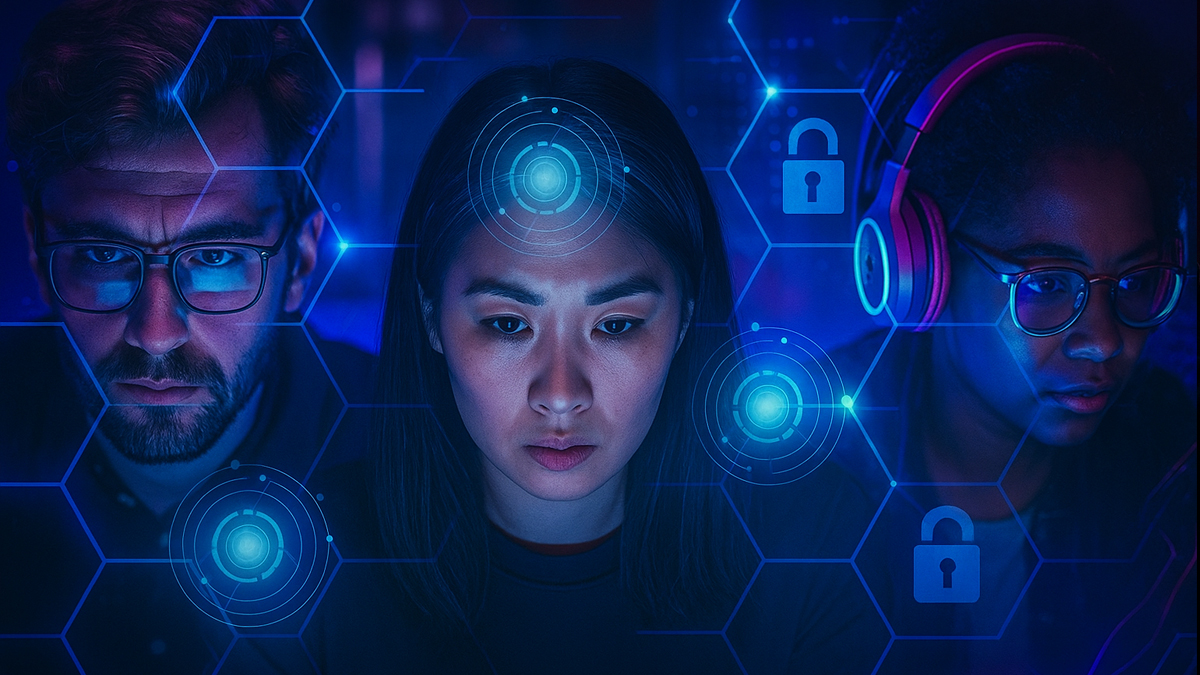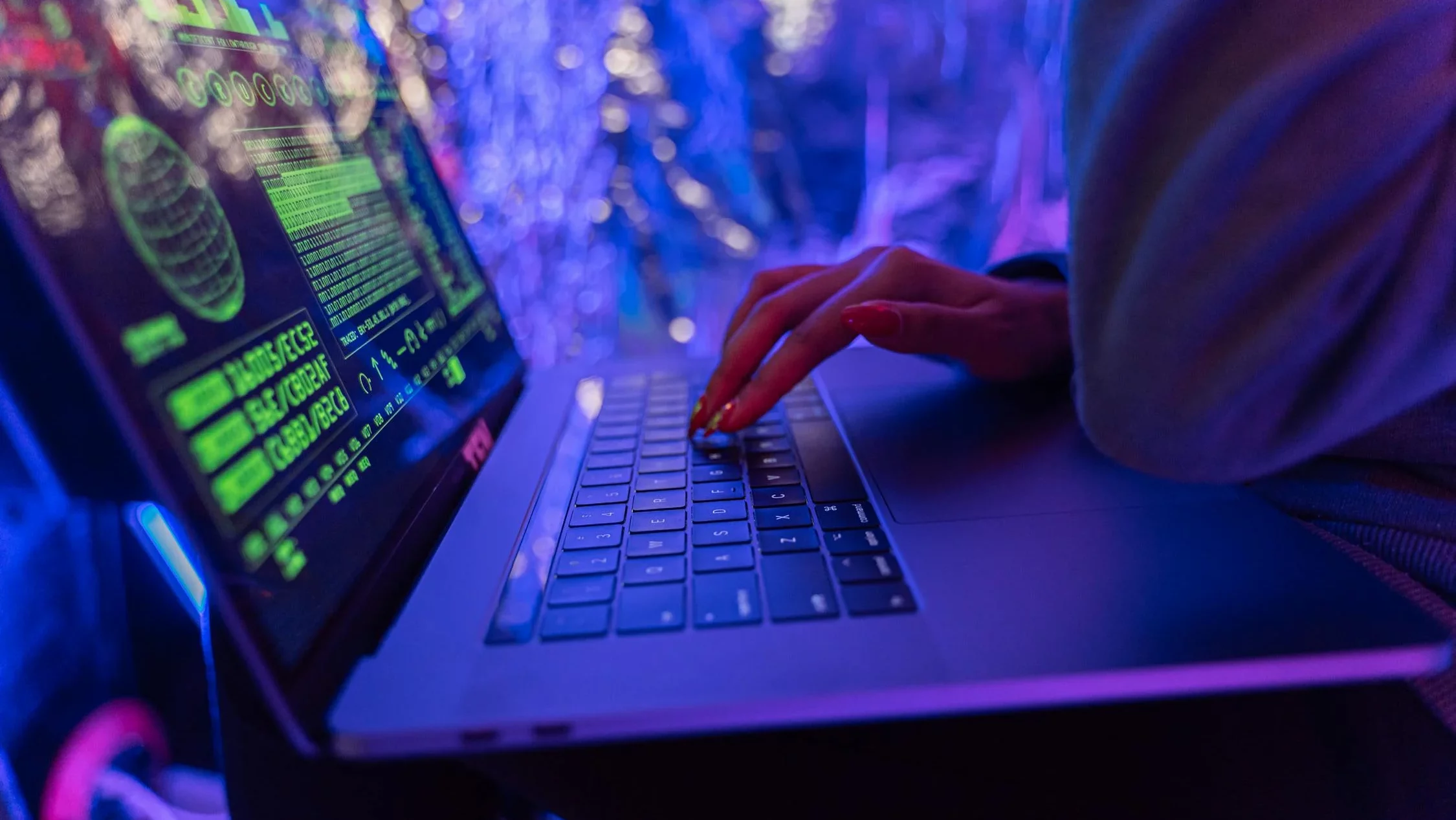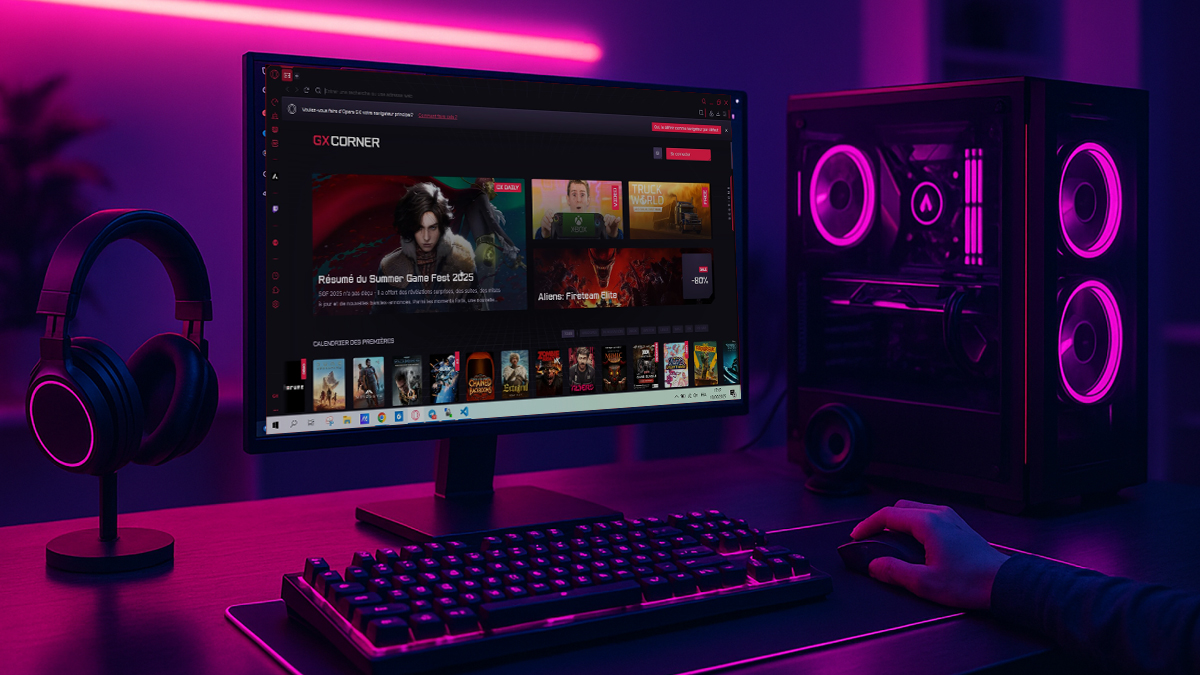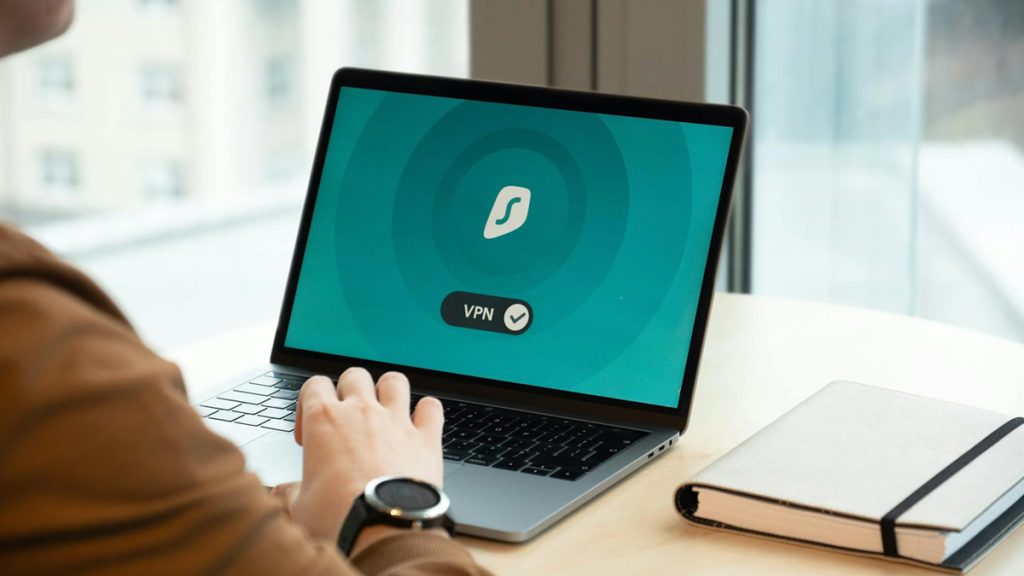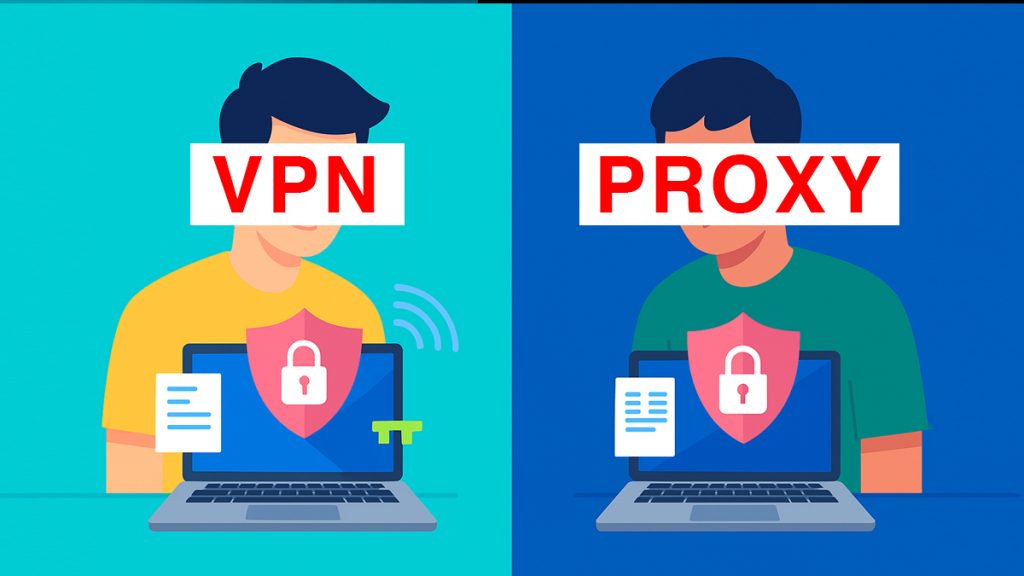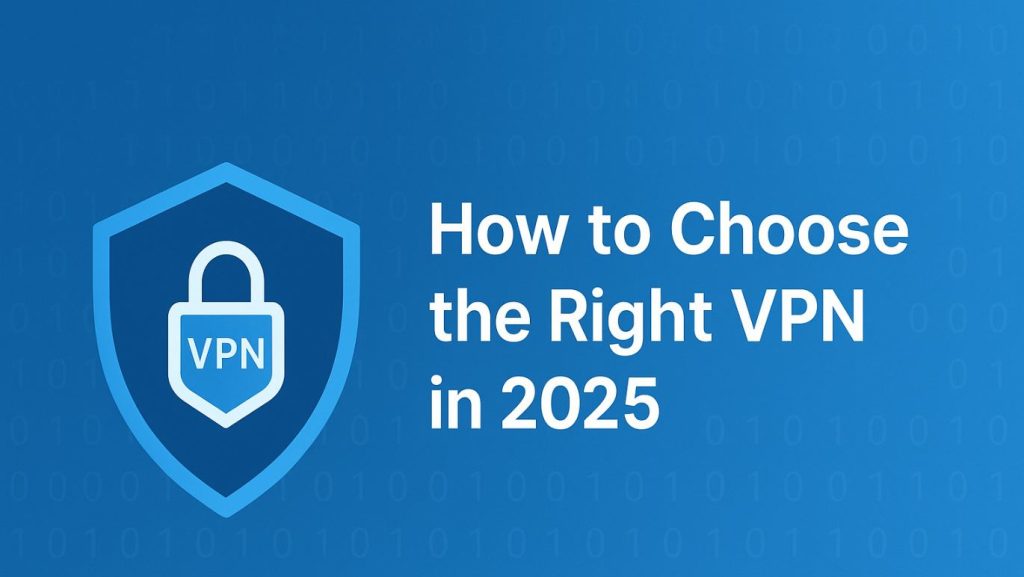Why privacy matters online
Ever connect to Wi-Fi at a café and feel a little uneasy? Like, you’re sipping your latte and checking your bank account, but somewhere in the back of your mind, there’s this whisper: “Is this even safe?”
That instinct isn’t wrong. Public networks, like the free Wi-Fi at airports, coffee shops, and hotels, are often wide open. Anyone nearby with the right tools can peek into what you’re doing—kind of like someone watching over your shoulder while you type.
But even at home, your data isn’t exactly private. Websites, advertisers, your internet provider—they all want a piece of the puzzle. Every search, every click, every scroll—it’s being tracked, analyzed, maybe even sold.
And sure, some of it’s just to show you better shoe ads. But sometimes it’s bigger than that. Maybe it’s your location, or the articles you read, or the things you thought were private. That’s where a VPN starts to matter. It’s not about being paranoid—it’s about keeping a little piece of your online life to yourself.
How a VPN works
Let’s say you’re sending a letter. Normally, you just drop it in the mailbox with your name and return address on it. Anyone who handles it can see where it’s going and where it came from.
Now imagine you seal that letter in a second envelope, hand it to a trusted courier, and that courier delivers it without anyone seeing inside or knowing it was you who sent it. That’s more or less what a VPN does.
VPN stands for Virtual Private Network. It creates a kind of tunnel between your device and the internet. Instead of your data going out into the wild openly, the VPN encrypts it—wraps it up tight so it can’t be read or altered in transit.
On top of that, it replaces your IP address with one from the VPN server. Your IP is like your online home address. When you use a VPN, websites and services see the VPN’s location, not yours. So whether you’re in Paris or Pittsburgh, you might appear to be in London—or wherever you choose.
That tunnel also means your internet service provider (or anyone else listening in) can’t see what websites you’re visiting. All they see is that you’re connected to a VPN. That’s it. No details, no trails, no open windows.
If you’ve ever heard of proxies and wonder if they do the same thing—spoiler: they don’t—you might want to explore the real differences. VPNs vs proxies: what’s the difference? breaks it down in simple terms, so you know what tool fits your needs.
Benefits and limitations
VPNs have some real perks. They’re great for keeping your connection safe on public Wi-Fi, for example. They also help you access content that might be restricted where you are—like watching a show that’s only available in another country.
They can also help bypass censorship in places where internet access is controlled or monitored. For journalists, travelers, or people living under heavy restrictions, that can be a lifeline.
But VPNs aren’t magical force fields. They don’t protect you from clicking on a fake link or downloading a sketchy attachment. They can’t stop someone from tricking you into handing over your password. And yes, some free VPNs can actually track you—ironic, right?
| Benefit | Real-world example | Limitation |
|---|---|---|
| Encrypts your traffic | Using Wi-Fi at a hotel without worry | Doesn’t protect from phishing emails |
| Masks your location | Watching a US-only show from Europe | Some services block VPNs anyway |
| Bypasses censorship | Accessing social media while abroad | Still relies on the VPN being trustworthy |
ot all VPNs are created equal—some are fast, others more secure, some are free but come with catches. If you’re thinking about using one but aren’t sure where to start, How to choose the right VPN in 2025 offers practical tips to help you make the right call.
Summary: should you use one?
If you care about privacy—even just a little—then yes, a VPN is worth using. It’s not about hiding from the world. It’s about choosing what you share and with whom.
Just remember: it’s a tool, not a cure-all. Combine it with smart habits, strong passwords, and a little caution, and you’ll be in a much better place.
Think of it as closing the curtains—not because you’re doing anything wrong, but because what you do in your digital home should be your business.

